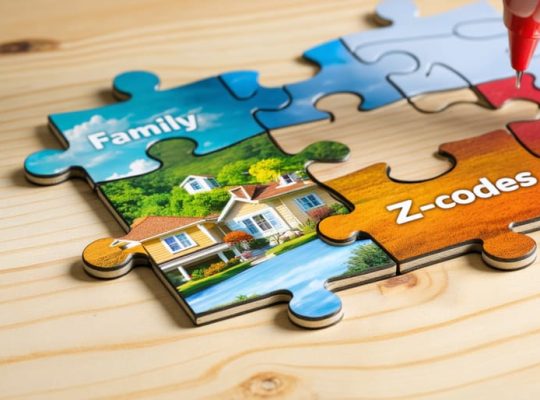Z-Codes: Making Sense of Your Child’s Mental Health Diagnosis Paperwork
Understanding Z-codes in your child’s mental health documentation empowers you to better advocate for their care and access vital support services. These specialized medical codes, while initially overwhelming, serve as crucial communication tools between healthcare providers, insurance companies, and support systems. As you navigate the steps to take after diagnosis, knowing how to interpret Z-codes helps ensure your child receives appropriate care and necessary accommodations at school or other settings. Unlike …










